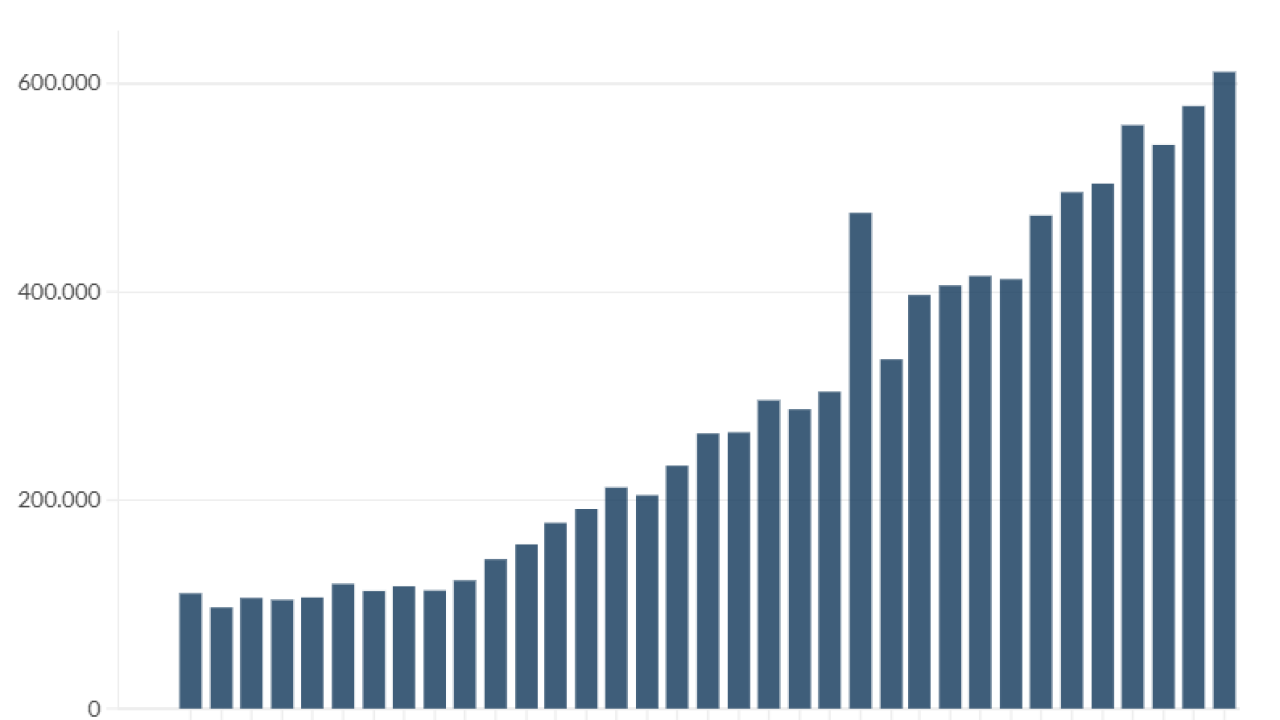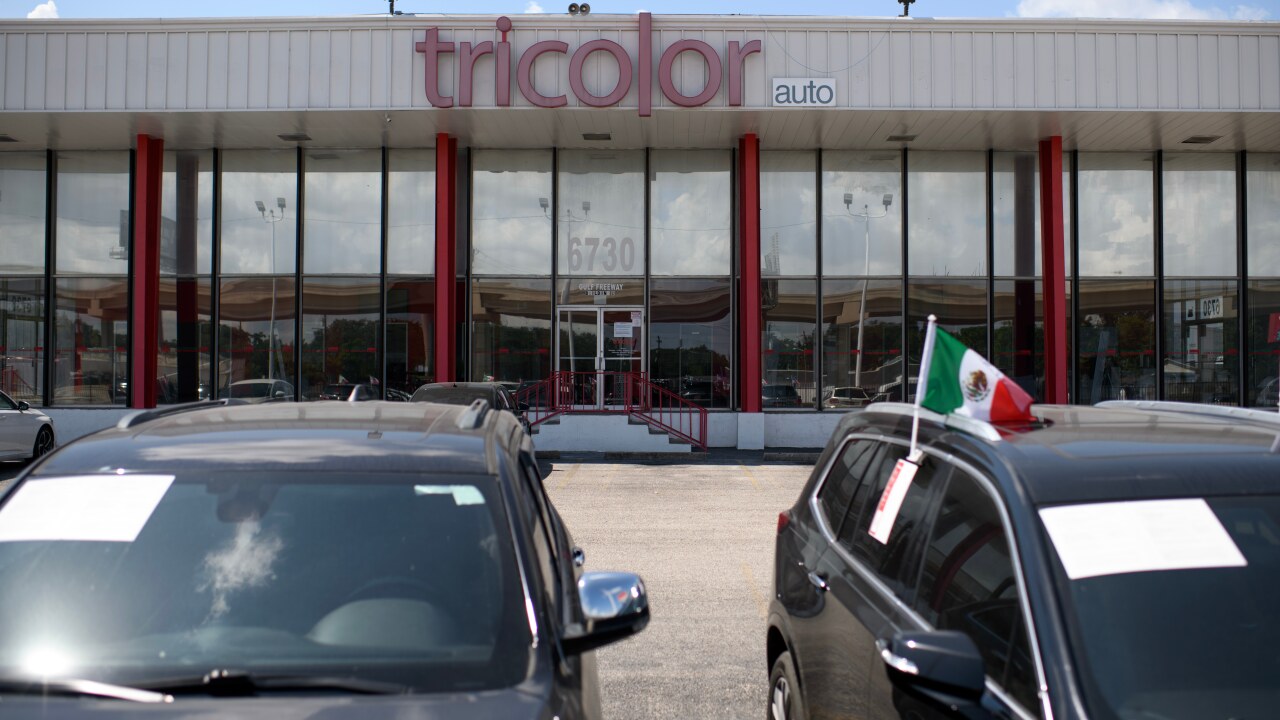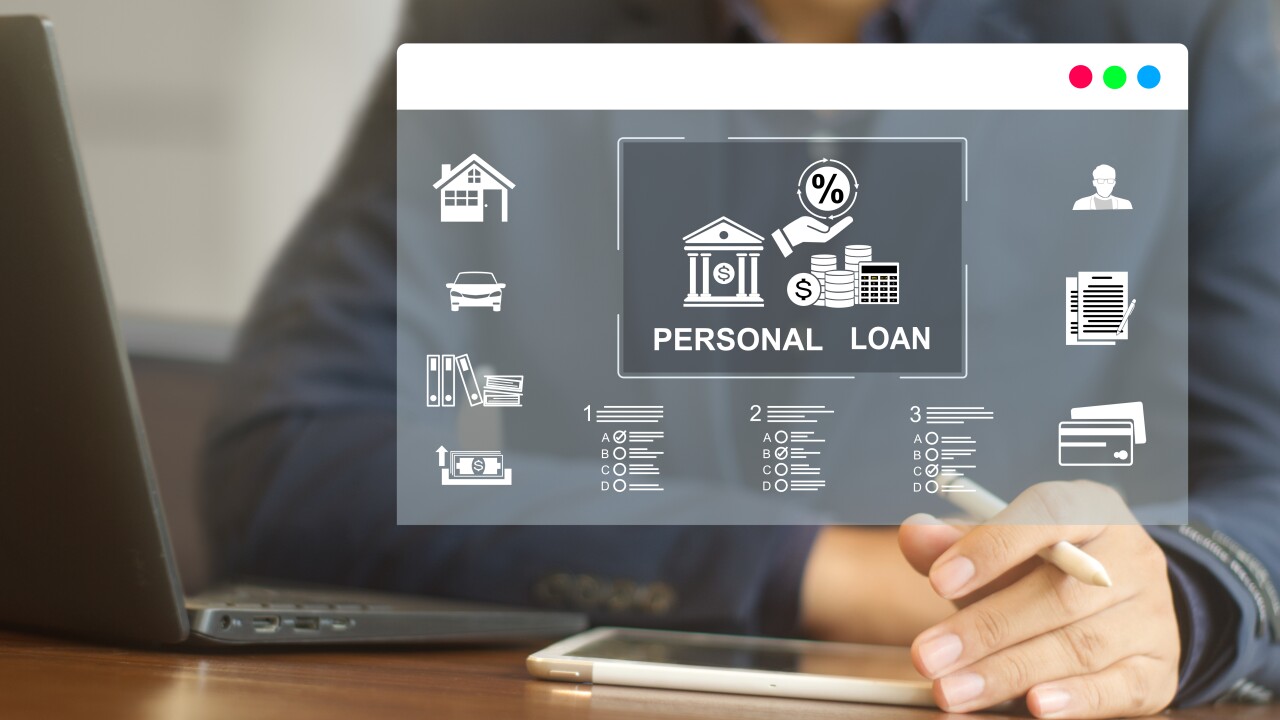-
A White House Council of Economic Advisers report published Tuesday found that the CFPB cost consumers between $237 and $369 billion since its creation, an analysis that consumer advocates and some financial academics say is flawed.
February 18 -
The Consumer Financial Protection Bureau's complaint portal has been flooded in recent years, but corporate debt collectors, industry attorneys and consumer advocates question whether the bureau's efforts to reduce the volume will help consumers as much as it helps the firms they're complaining about.
February 13 -
Total initial credit enhancement increased to 11.40% for the class D notes, from 11.25%. It also decreased for classes B, C and E, and levels on the class A notes stayed the same.
February 9 -
The deal will not make any principal payments during the revolving period unless it needs the cashflow to maintain the required overcollateralization amount.
February 5 -
Bowing to industry pressure, the Consumer Financial Protection Bureau is warning consumers with notices on its complaint portal not to file disputes about inaccurate information on credit reports, among other changes.
February 5 -
The deal includes some structural changes, such as subordination levels of 41.05%, 32.25%, 19.45% and 6.10% on classes A, B, C and D, respectively, and all those levels increased from the previous deal.
January 22 -
Transactions from 2024 are performing better than deals issued in 2023, and deals from 2025 and 2024 are performing well with in expectations.
January 14 -
Express Settlement Loans, or E-Loans, extended to customers enrolled in a debt relief program, and Consolidation Loans, or C-Loans, for more qualified borrowers are in the pool.
January 13 -
The dollar volume of unsecured consumer loan rose dramatically. But as consumer lending rises, so do the default risks.
January 2 -
Among changes from the PAID 2025-8 transaction, the current deal has a 24-month revolving period when eligible collateral can be purchased.
December 26 -
The Consumer Financial Protection Bureau will face an existential crisis in 2026 between the Trump administration's efforts to shut down the agency and the employee union and consumer advocates who want to stop them.
December 25 -
Discrepancies were ultimately flagged not by regulators or auditors, but by a junior analyst at Waterfall Asset Management, one of Tricolor's lenders
December 18 -
The indictment accuses Daniel Chu and other executives who had worked at Tricolor of operating the company through "systemic fraud."
December 17 -
The trustee asked a Dallas federal judge to limit Chu's access to $15 million worth of insurance that normally kicks in when directors and officers of a company are facing legal problems related to their corporate duties.
December 12 -
As federal watchdogs step back from regulating "Buy Now, Pay Later" loans, state authorities are stepping in. This week, the attorneys general from California and several other blue states joined the fight.
December 2 -
Since introducing the Upstart Macro Index to address increasing delinquency rates in previous years, the changes to its underwriting and credit models have improved future vintages' performances.
November 14 -
WFLOOR 2025-1's annualized monthly yield, which averaged 20% since 2018, has been consistently higher than most other dealer floorplan trusts that Moody's rates.
November 4 -
This is PowerPay's second 144A transaction, which has a 90-day prefunded period, initially funded with $132.9 million in deposits.
October 27 -
In a tough quarter for the auto industry, the Detroit-based lender posted earnings that sped past Wall Street's expectations.
October 17 -
The class A notes, which KBRA assigns a AAA rating, and which have the bulk of the outstanding note balance, $259.3 million, benefits from an enhancement level of 61.10%.
October 7



















